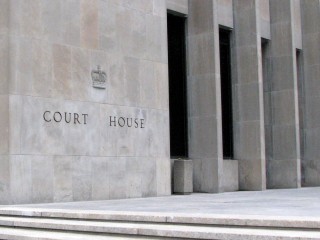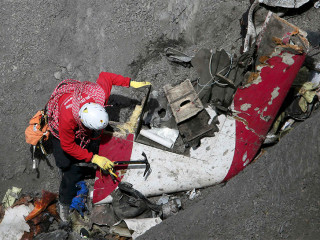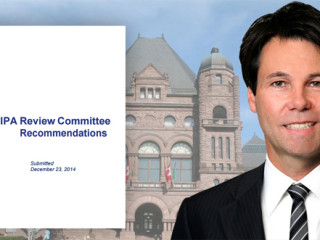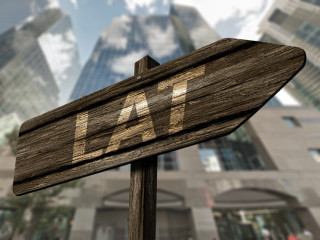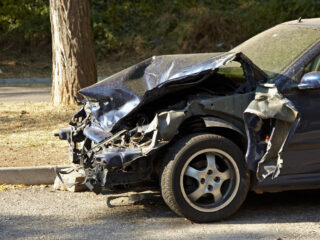D’Eon v. Hosseini is a personal injury case arising from a motor vehicle collision in which the plaintiff sustained injuries that included a mild traumatic injury. The plaintiff had advanced a significant claim, seeking damages of over $4 million, including a large claim for economic loss resulting from her reduced capacity to work as a lawyer. The plaintiff also suffered from several pre-existing conditions, prior motorcycle collisions and multiple concussions with symptoms that were ongoing at the time of the collision. The issue of causation was significant.
The plaintiff opposed the defendant’s motion for Rule 33 conducted by a psychiatrist, vocational assessor, physiatrist, and neurologist on the basis that that the assessments were not necessary in the interests of trial fairness and justice.
The plaintiff argued that her own experts may not be able to provide comment on the defence reports in advance of the pretrial date and that the examinations could result in a delay of the trial. She also argued there was overlap between the physiatrist and neurologist and that it was not necessary for her to be assessed by both. Further, that a vocational assessment was not only unnecessary but premature, as this type of assessment is only required when a specialist recommends it as a diagnostic aid.
Held
The Court held that as this was a case with complex medical issues and significant causation issues, in order to have a fair trial it was necessary for the defence to have the plaintiff assessed by several experts on the issues of causation and damages.
The role of an expert witness is to assist the Court in areas outside of the realm of knowledge of an ordinary person without any special training. The plaintiff had been assessed and treated by a host of specialists for numerous and diverse complaints. It would be unfair for the defendant to proceed to trial without expert opinions from specialists who had conducted examinations of the plaintiff, at the request of the defendants, and could respond to the expert evidence called by the plaintiff at trial.
The assessments were reasonable given the nature of the issues and injuries at trial. The plaintiff was ordered to attend all four assessments scheduled by the defendants.
Analysis and Law
Multiple Defence Examinations
The Court noted that the law is clear that a defendant is not restricted to one independent medical examination but is not entitled to multiple examinations as of right. The Court reviewed the factors set out in Bonello v. Taylor, 2010 ONSC 5723 to be considered where a request is made by a defendant for further or multiple medical examinations.
The Court noted that there is no “hard and fast rule” on the number of independent assessments that a defendant is entitled to and will depend on: the nature of the case, the type of injuries sustained, and the evidence put forth by a plaintiff. Neither the plaintiff nor their counsel may dictate the terms of a defence examination. The party seeking the assessments must demonstrate on the facts of the specific case that the examinations are necessary for trial fairness and will not delay a trial.
Justice Wilson opined that simply because the plaintiff has served a report from a certain type of expert does not mean that the defendant will automatically require an examination by the same type of expert. It will depend on various factors, including the seriousness of the injury complained of and the availability of other evidence to address the allegation. Ordering of further examinations may be just where they are necessary for the defendant to fairly investigate and call reasonable responding evidence at trial.
Trial fairness is the Court’s overarching concern when considering whether to order more than one defence medical examination.
The fact that a plaintiff may have undergone numerous other assessments at the request of, for instance, an accident benefits insurer, bears no impact on the defendant’s right in the tort action to request more than one independent assessment under the Rules.
Overlap Between Medical Experts
With respect to the issue of a potential overlap between the physiatrist and neurologist, the Court disagreed with the plaintiff’s position, finding that while there is clearly some overlap between various types of medical specialists, their focus is different and complementary to each other.
Neurologists are trained to deal with issues arising from brain injuries and nervous system disorders. A defence neurologist was reasonable given the plaintiff’s complicated medical history and causation issues.
The defence physiatrist was relevant to the issue of treatment of the plaintiff’s chronic pain and ameliorating the severity of her pain complaints. Trial fairness dictated that the defendant was entitled to have the plaintiff examined by a physiatrist.
Necessity of Vocational Expert
Justice Wilson applied the factors considered by Justice Edwards in Ziebenhaus et al. v. Bahlieda et al., 2012 ONSC 3787 when addressing the propriety of a defence vocational assessment: the assessment was directed to an important issue in the case; it was not unnecessarily intrusive to the plaintiff; the opinion would be of assistance to the trier of fact as a vocational specialist has special knowledge concerning the potential work capacity of the plaintiff; and it would not cause any undue hardship to the plaintiff. The Court found all such factors were present in D’Eon and permitted the defendant’s vocational assessment of the plaintiff.
Additional Notes:
The Court also found it was inappropriate for the plaintiff’s solicitor to have written directly to an expert retained by the defendant and it is improper for counsel to attempt to intimidate or threaten an expert retained by an opposing party. Concerns and issues with respect to a party’s medical examination should be raised with opposing counsel to work out the issues and if not possible, the parties may then move to a case conference.
